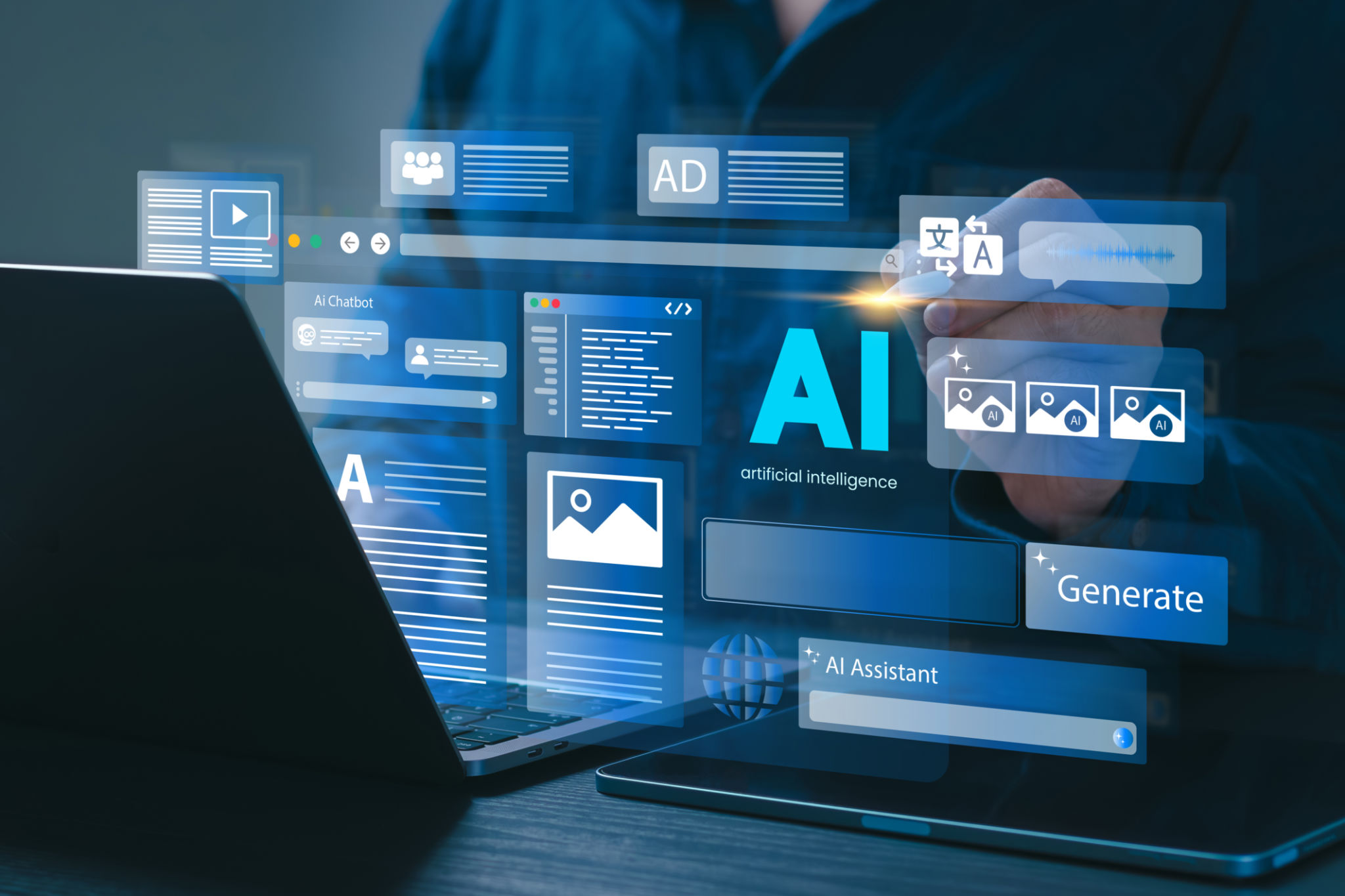Harnessing AI Technologies for Seasonal Marketing Success
Introduction to AI in Seasonal Marketing
As the digital landscape continues to evolve, businesses are increasingly turning to artificial intelligence (AI) to enhance their marketing strategies. One area where AI is making a significant impact is in seasonal marketing. By leveraging AI technologies, companies can create more personalized and effective campaigns that resonate with their audiences during peak shopping periods, such as holidays and special events.
Understanding the Power of AI
AI technologies offer a range of tools and capabilities that can transform how businesses approach seasonal marketing. From predictive analytics to customer segmentation, AI provides marketers with valuable insights and automation options that were previously unimaginable. These technologies help in identifying trends, forecasting demand, and optimizing marketing efforts to achieve better results.

Personalization at Scale
One of the most significant benefits of using AI in seasonal marketing is the ability to deliver personalized experiences at scale. AI can analyze vast amounts of data to understand consumer behavior, preferences, and purchase history. With this information, businesses can tailor their marketing messages and offers to individual customers, increasing engagement and conversion rates.
Improved Targeting and Segmentation
AI-driven tools enable marketers to segment their audiences more precisely than ever before. By analyzing data points such as demographics, online behavior, and past interactions, AI can identify niche segments within a larger audience. This allows businesses to craft targeted campaigns that speak directly to the needs and interests of specific groups, boosting the effectiveness of their marketing efforts.

Enhancing Customer Engagement
AI technologies also play a crucial role in improving customer engagement during seasonal marketing campaigns. Chatbots, for example, can provide instant customer support and assistance, ensuring a seamless shopping experience. Additionally, AI-powered recommendation engines can suggest relevant products based on a customer's browsing history, encouraging further exploration and potential purchases.
Predictive Analytics for Better Planning
Another advantage of using AI in seasonal marketing is predictive analytics. By analyzing historical data and current market trends, AI can forecast future demand and identify potential opportunities. This enables businesses to plan their inventory, staffing, and marketing budgets more effectively, ensuring they are well-prepared for peak periods.

Challenges and Considerations
While AI offers numerous benefits for seasonal marketing, it's important to acknowledge the challenges involved. Implementing AI technologies requires significant investment in both time and resources. Additionally, businesses must ensure they are compliant with data privacy regulations when collecting and processing customer data.
Future of AI in Seasonal Marketing
The future of AI in seasonal marketing looks promising as technology continues to advance. Innovations such as machine learning algorithms and natural language processing will further enhance the capabilities of AI tools, allowing for even more sophisticated marketing strategies. As businesses continue to adopt these technologies, we can expect to see increasingly personalized and efficient seasonal marketing campaigns.
In conclusion, harnessing AI technologies for seasonal marketing success is not just a trend but a necessity in today's competitive landscape. By leveraging AI's capabilities, businesses can create more impactful campaigns that drive engagement and boost sales during crucial shopping periods. With careful planning and execution, AI-powered seasonal marketing can lead to significant growth and success.
